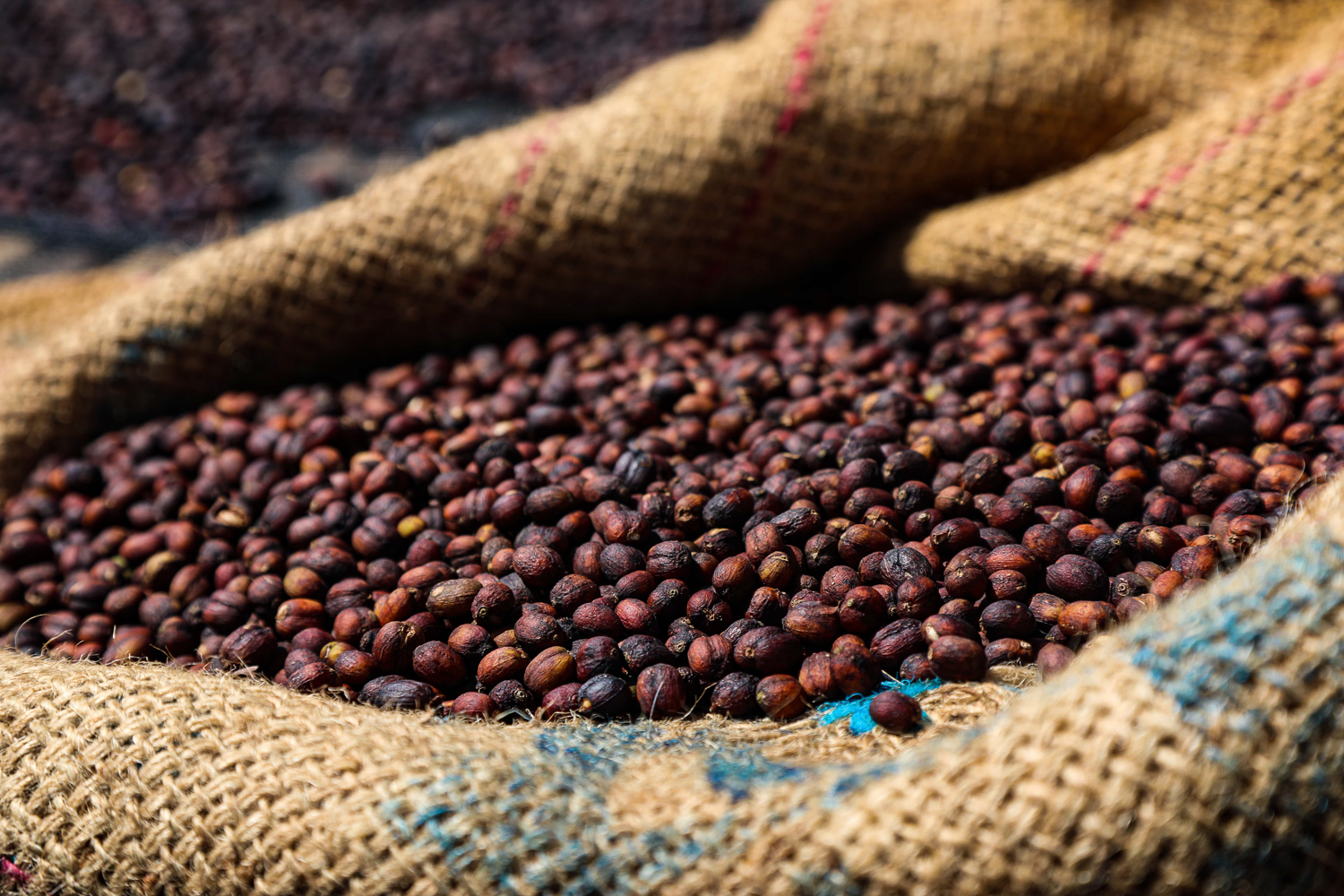
Ethiopia: An Update from Green Buyer Claudia Bellinzoni
For all of us that work in coffee, “Happy Near Year” directly translates to “Fresh-crop Ethiopia season” — a time to taste some of the most beautiful coffees of the year.

For all of us that work in coffee, “Happy Near Year” directly translates to “Fresh-crop Ethiopia season” — a time to taste some of the most beautiful coffees of the year.
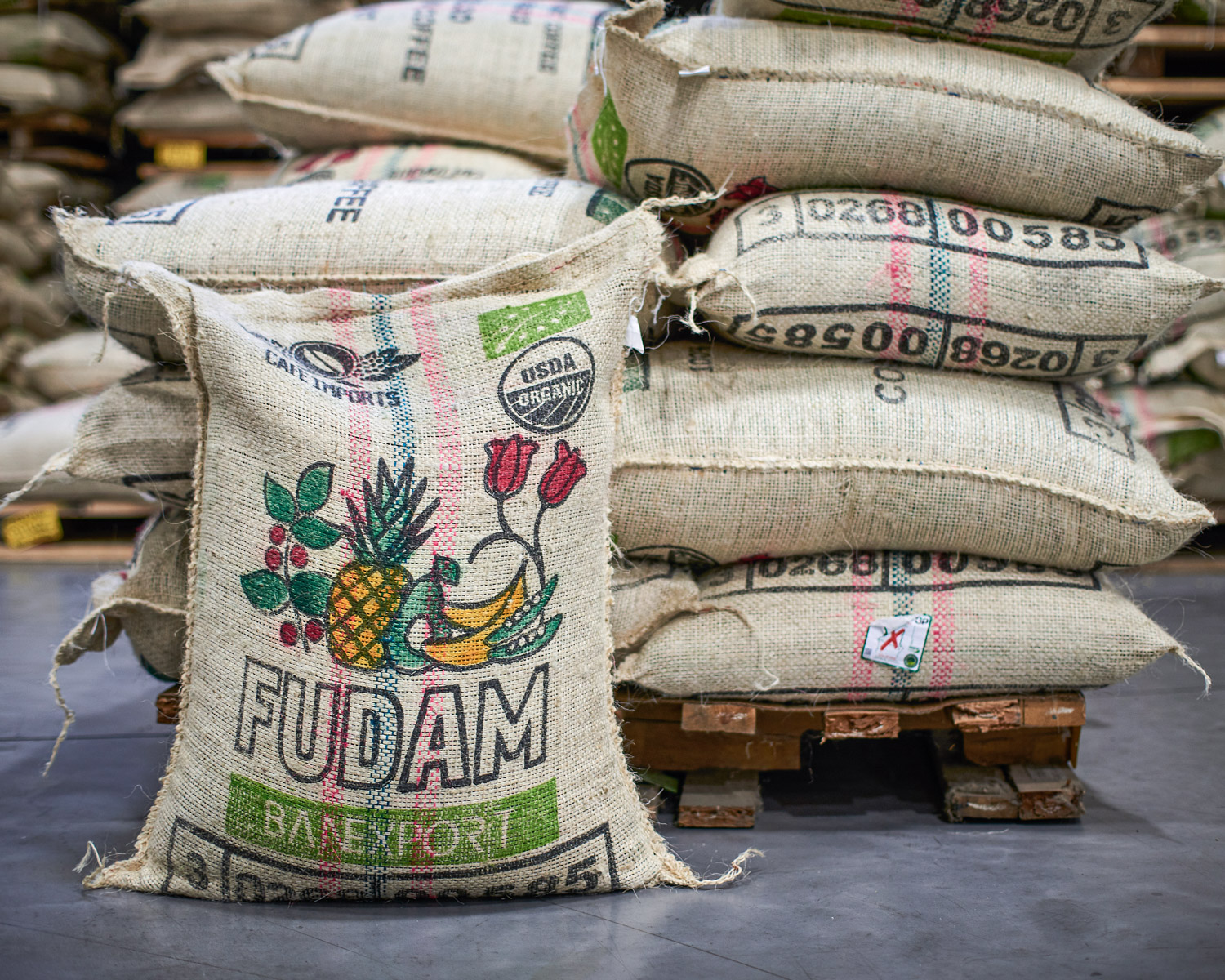
As many of you will be aware, the first quarter of 2021 has seen innumerable delays with items shipping from the EU into the UK. With Brexit came the increased demand of new rules and requirements for importing goods, which would be handled by a logistics and customs workforce that had been badly affected by the pandemic.

To our dearest friends, exporters, cuppers, mill managers, associations, cooperatives and most of all, to the farmers, producers and caficultores of the world — we miss you.
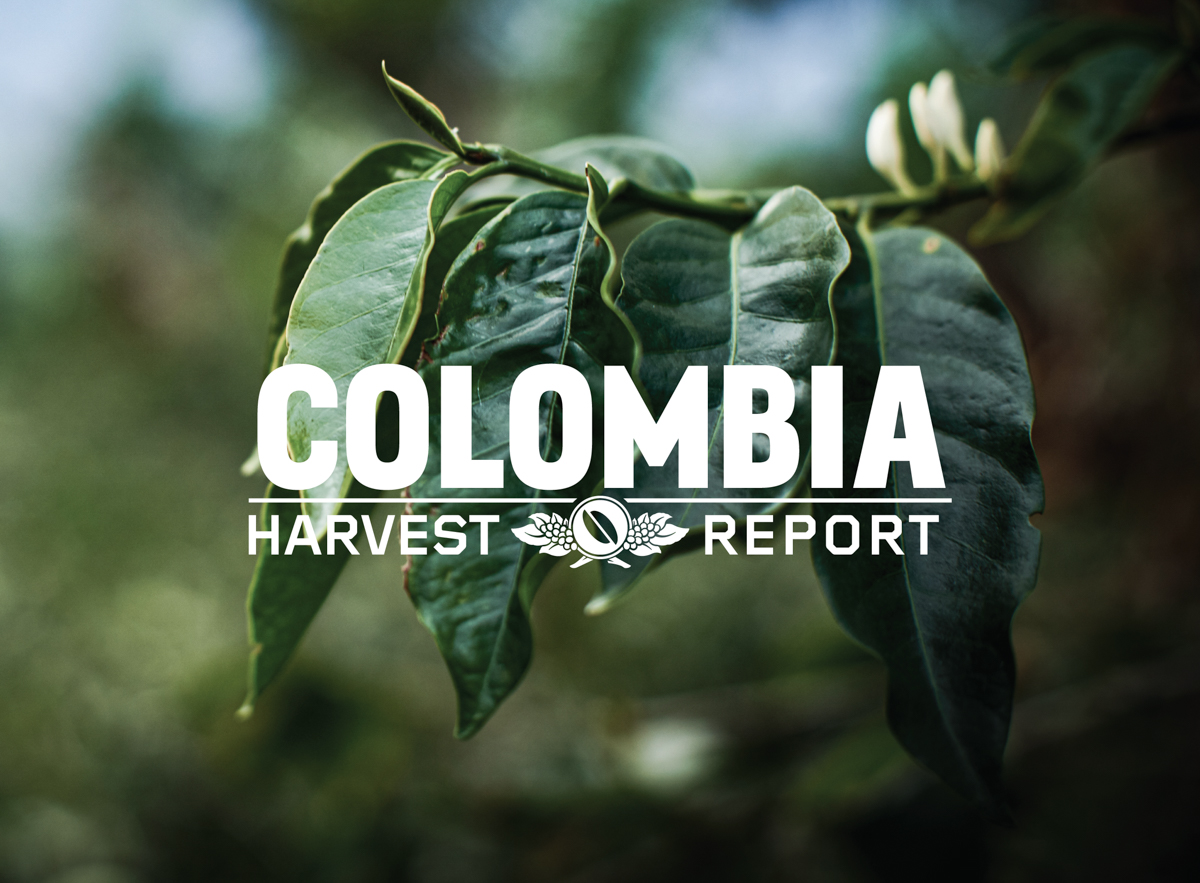
At this point, we’re all sick of updates and harvest reports that start with, “What a wild year this has been,” so we won’t make a whole production out of it: Simply put, coffee is never easy work, and these days that’s truer than almost ever before. This year has been a real test of the strength of our relationships, and while there have been a few setbacks, sadnesses, and disappointments, overall we have been shown the true power of commitments, partnerships, and of sticking together—as Cafe Imports founder and green-coffee buyer for Colombia Andrew Miller always says—through sickness and in health, in good times and bad.
Which is to say, yes, there is some bad news—but it’s not all bad, we promise. (Read on.)
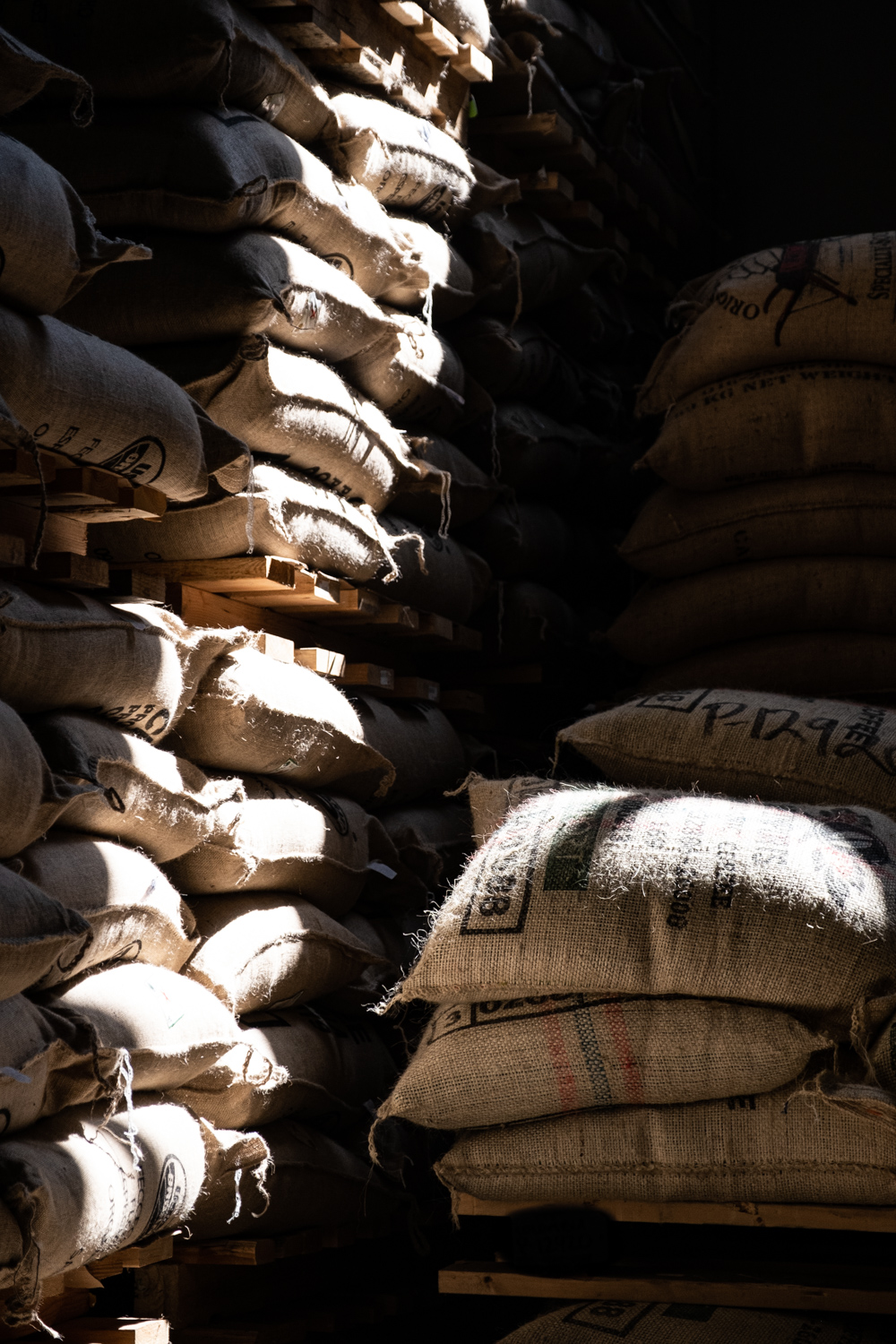
We’d like to ask for a moment of your time to update you on our plans for the near future. After weighing all of the difficult choices that Brexit has put in front of our company, we have made the decision that beginning 4th January 2021, all of our unsold coffee inventory will be warehoused in Antwerp, Belgium. Aside from this transition, all of our services will remain the same, and our team will remain headquartered in Berlin.
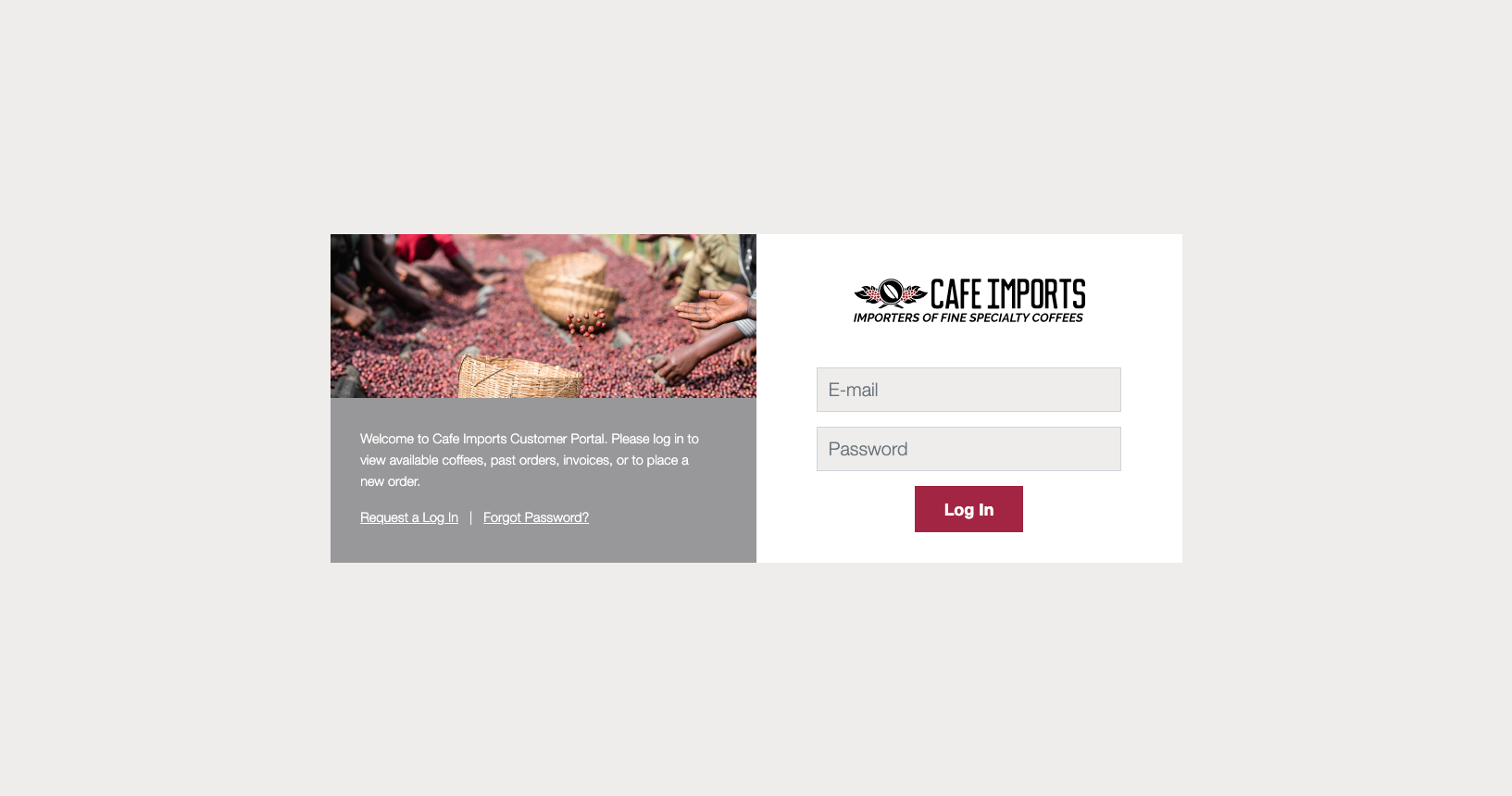
Introducing the Cafe Imports Europe customer portal, a user-friendly account-management platform that we’ve designed just for you. Through this easy-to-use interface, you can do just about everything you need, from shopping for coffee to managing your inventory, requesting samples, viewing invoices, tracking orders, and more.
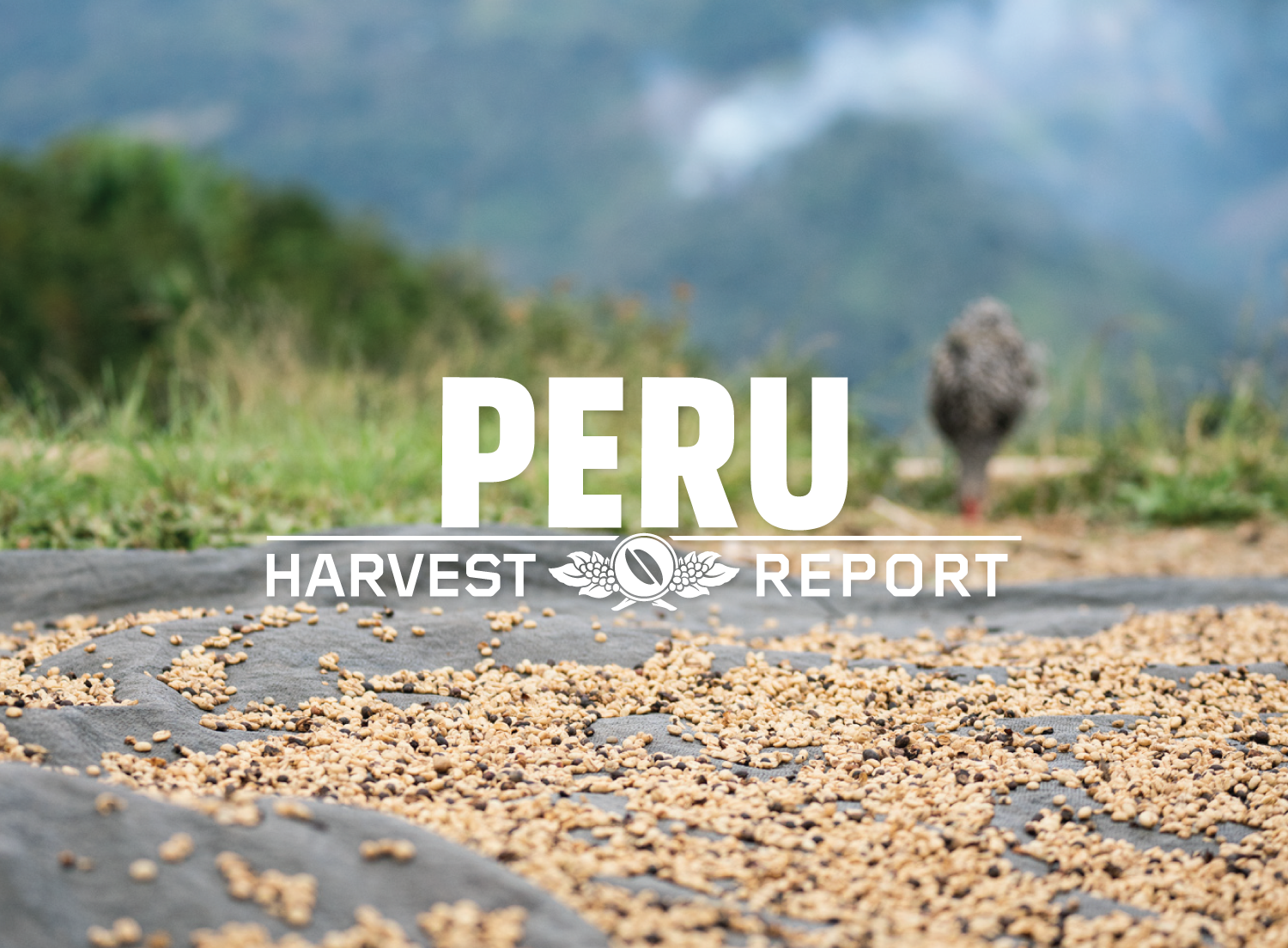
If there’s one thing we’ve learned these past few months, it’s that coffee will most definitely find a way.
Along with our producer partners, we’ve learned to adapt to Zoom to meetings rather than zoom from place to place on airplanes, and we’ve found other ways to stay in touch and even cup together (apart). In fact, we’ve been able to find a lot of joy from seeing friendly faces on our screens—especially when they have good news to share.
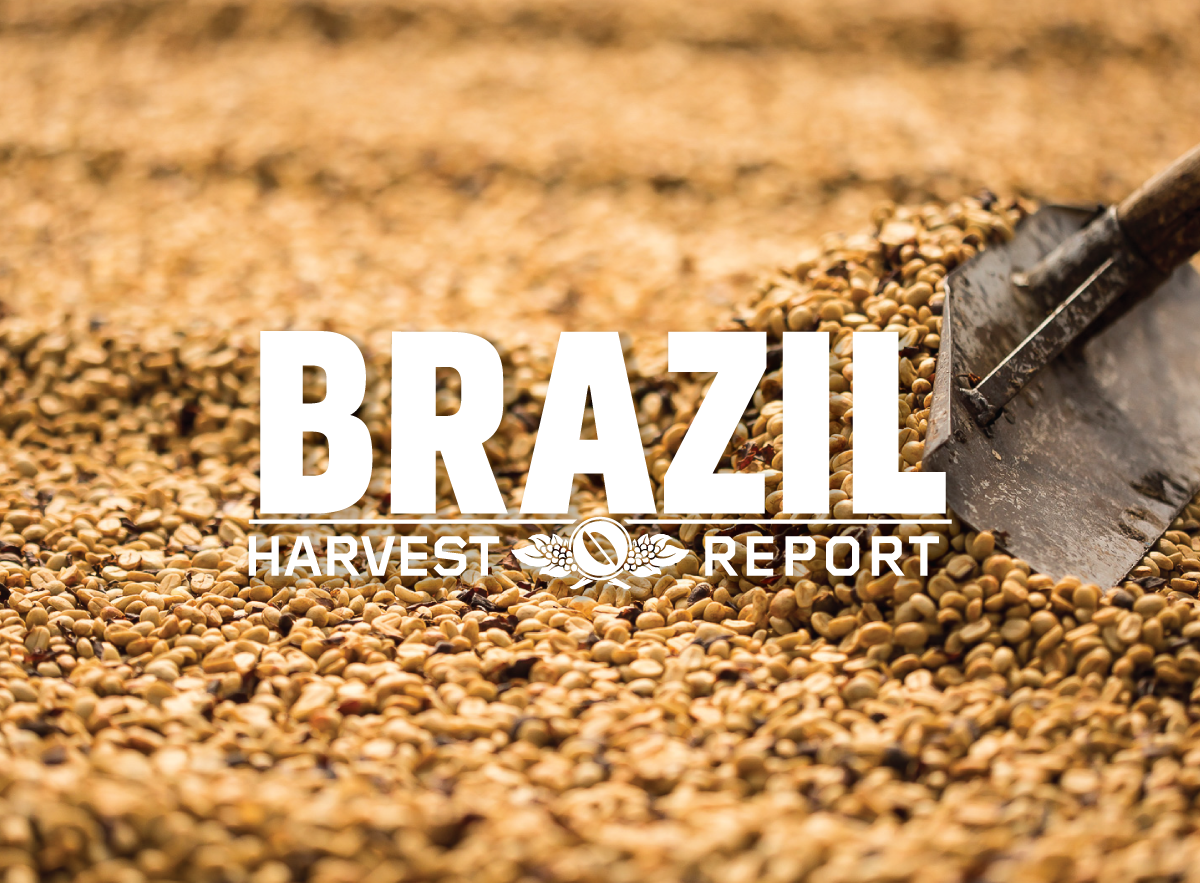
It turns out there has been one good thing that’s happened so far in 2020: Weather so perfect for the most recent harvest in Brazil that we can’t wait to tell you all about the coffee’s we’ll begin receiving shortly.
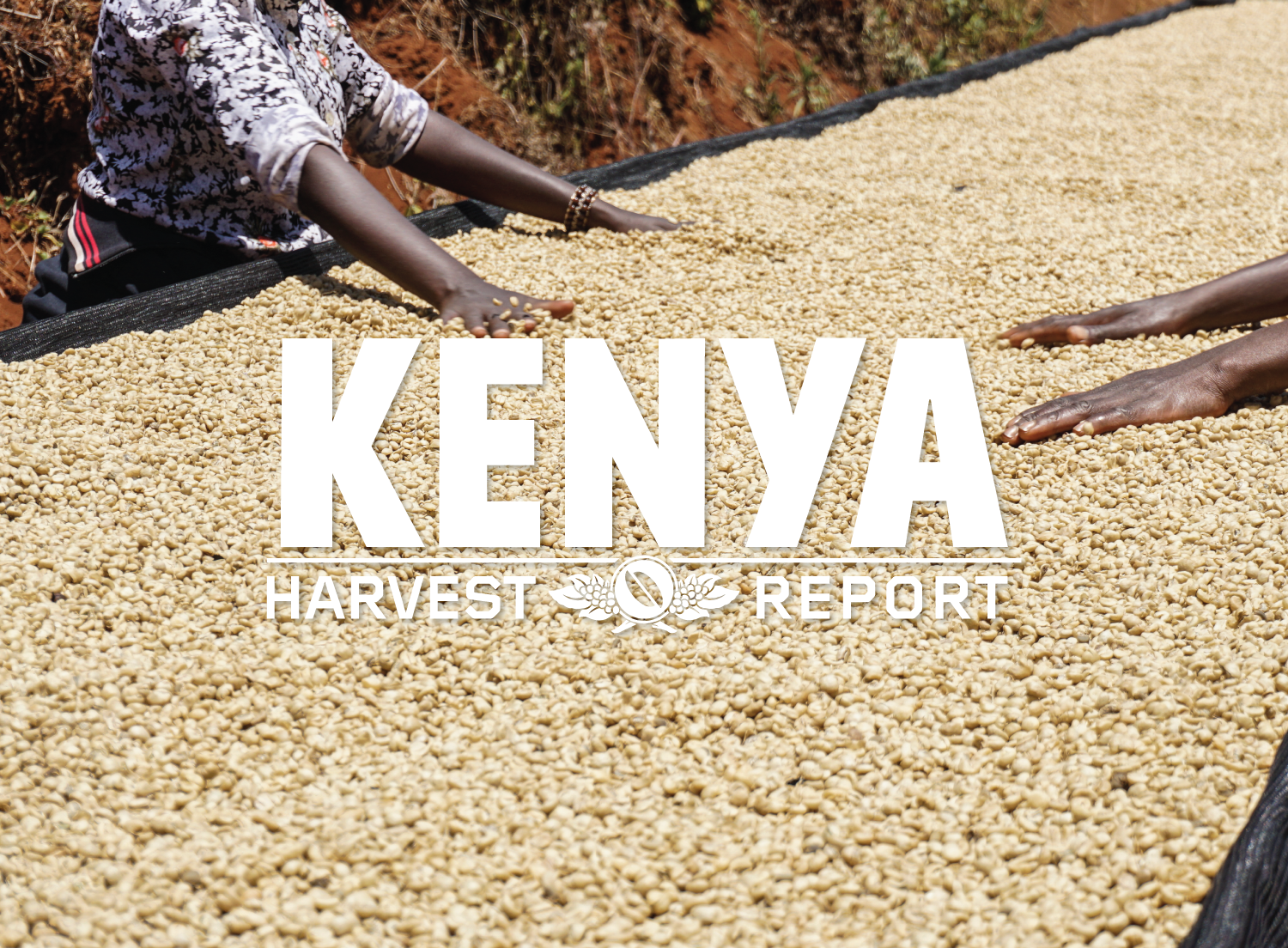
When we set out to tell our customers about the most recent Kenyan harvest every year, we realize it’s always a story with many, many chapters: Flavor, of course, is where the action happens, but there’s also lots of history required for the set-up, characters to introduce, and some plot twists along the way. Thankfully, these are just the kinds of stories we love to read, and the ones we love to tell—especially when everything turns out so delicious in The End.
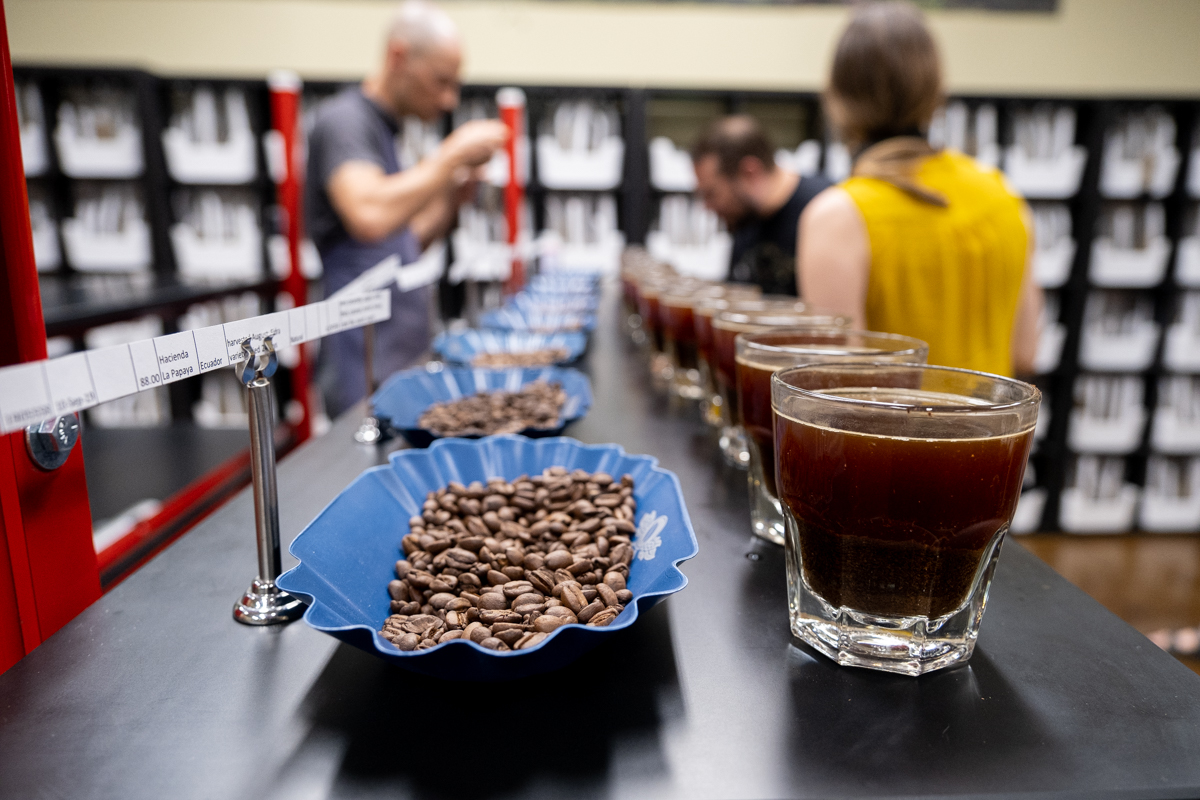
It’s probably happened to all of us: After searching and searching you come across a coffee that has the perfect cupping description, and you eagerly request a sample from your sales representative. When it arrives, you can’t wait to pop it into the sample roaster and get it on the cupping table as soon as possible—only to discover that you don’t taste white peach and sugar cane at all, you taste herbs and cocoa. What gives??
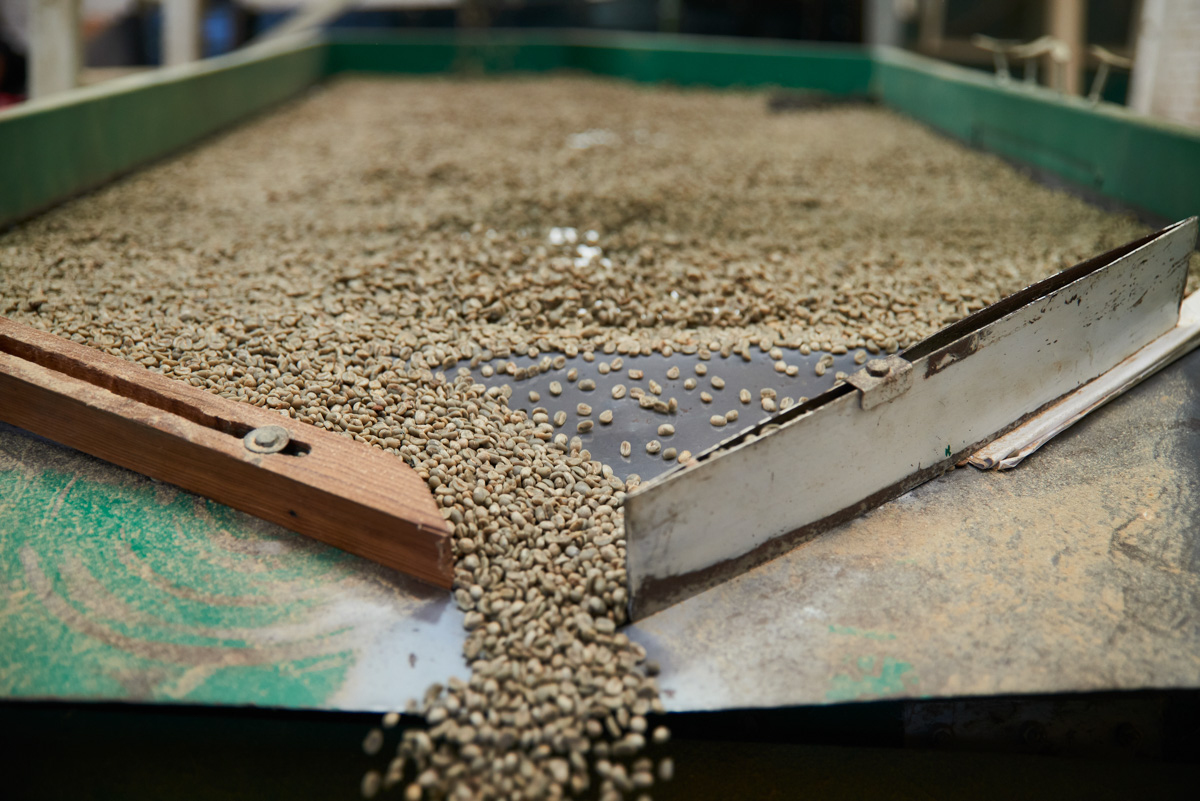
Well, so far we’ve made it through two months of working from home, social distancing, changing protocols, navigating a changing business landscape, and experiencing a real rollercoaster of emotions. Like you, we’ve also been overwhelmed by what feels like a constant barrage of news and information—including updates like this one—from just about everywhere and everyone.
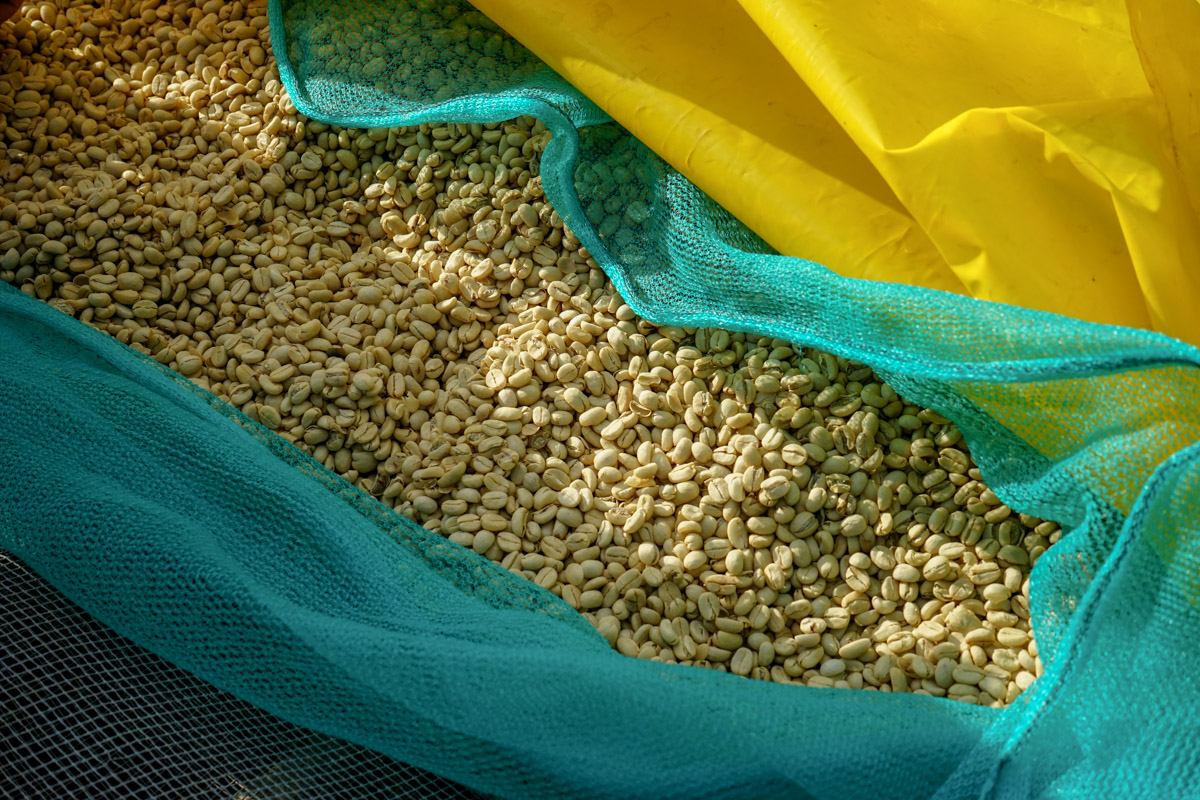
One thing we don’t normally do is offer discounts or have “sales” on green coffee, because we believe in trying to set a fair price for all of our partners—from the farmer to the exporter to the roaster—from the moment we contract the coffee. We’re living in unusual times, however, and we’re announcing our first-ever blanket discount on all of our current spot coffees from Tega & Tula Farm in Limu, Ethiopia. The price has been reduced on all of the bags in our inventory to $7.50 USD/kg at this time.
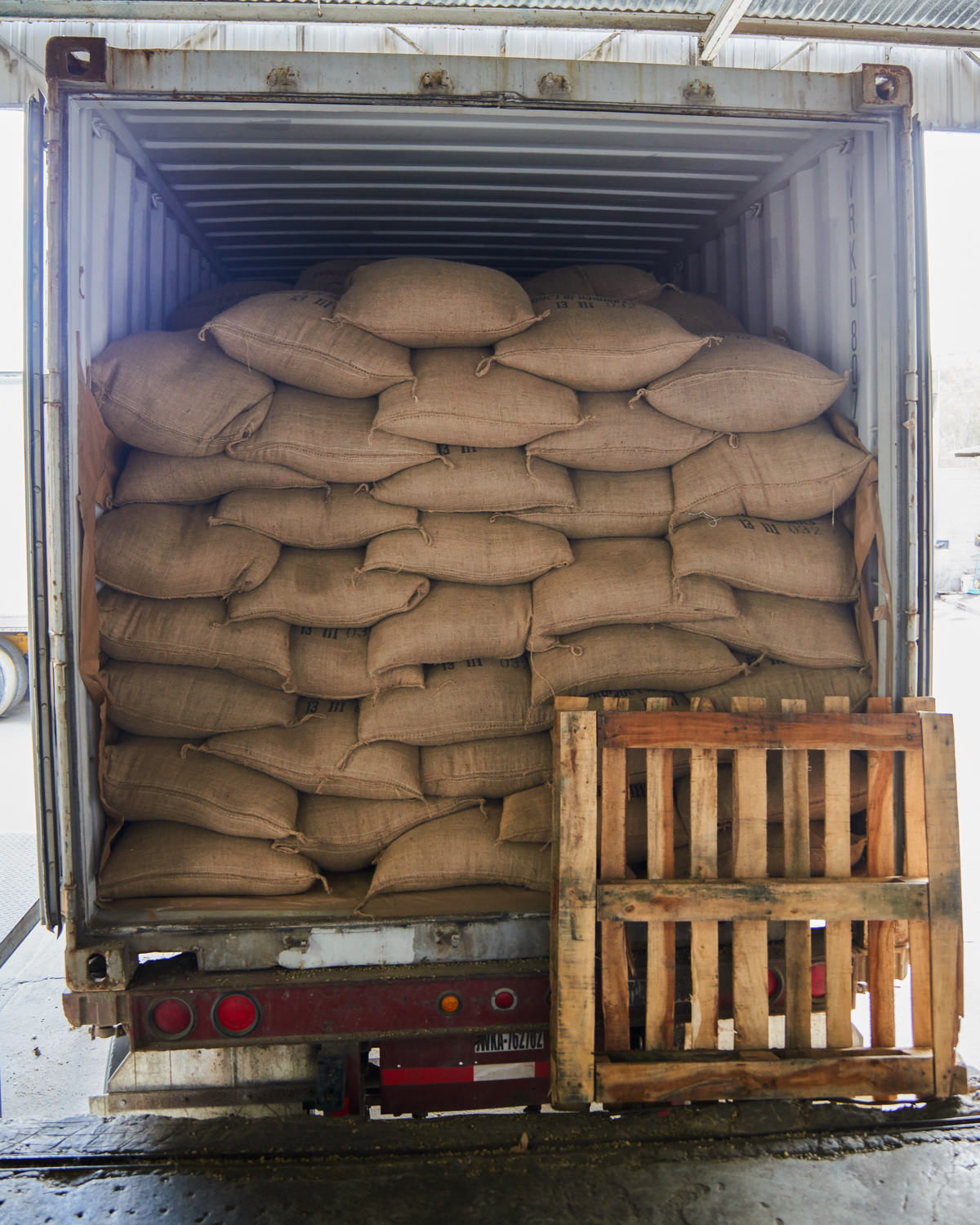
There have already been many immediate and obvious ways that the COVID-19 situation has affected the specialty-coffee industry, but we’re also keeping our eyes on a developing obstacle that may have further-reaching impact on the season of shipments we’re expecting over the coming weeks: a global container shortage and port backups that have been snowballing since late January.
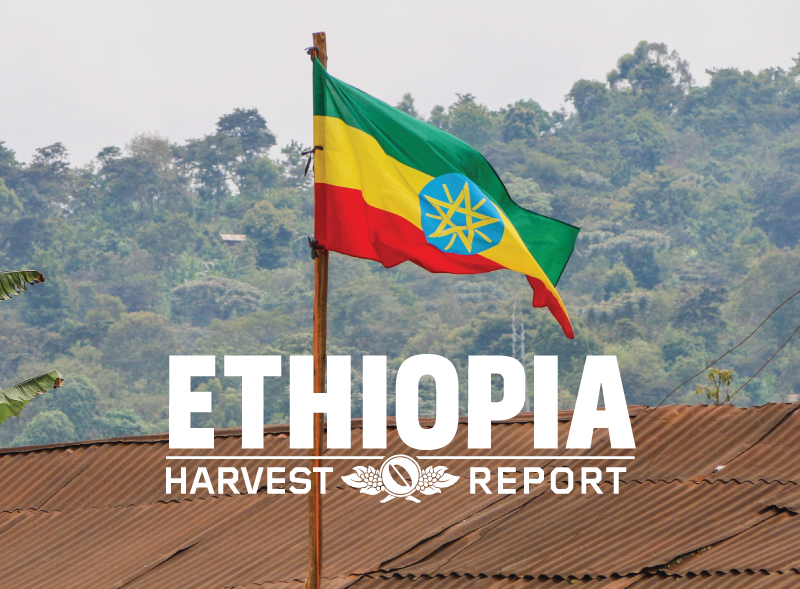
When all we can do is daydream about traveling, where else would we want our minds to wander? Let’s check in on the 2020 harvest in the birthplace of Arabica coffee: Beautiful Ethiopia.
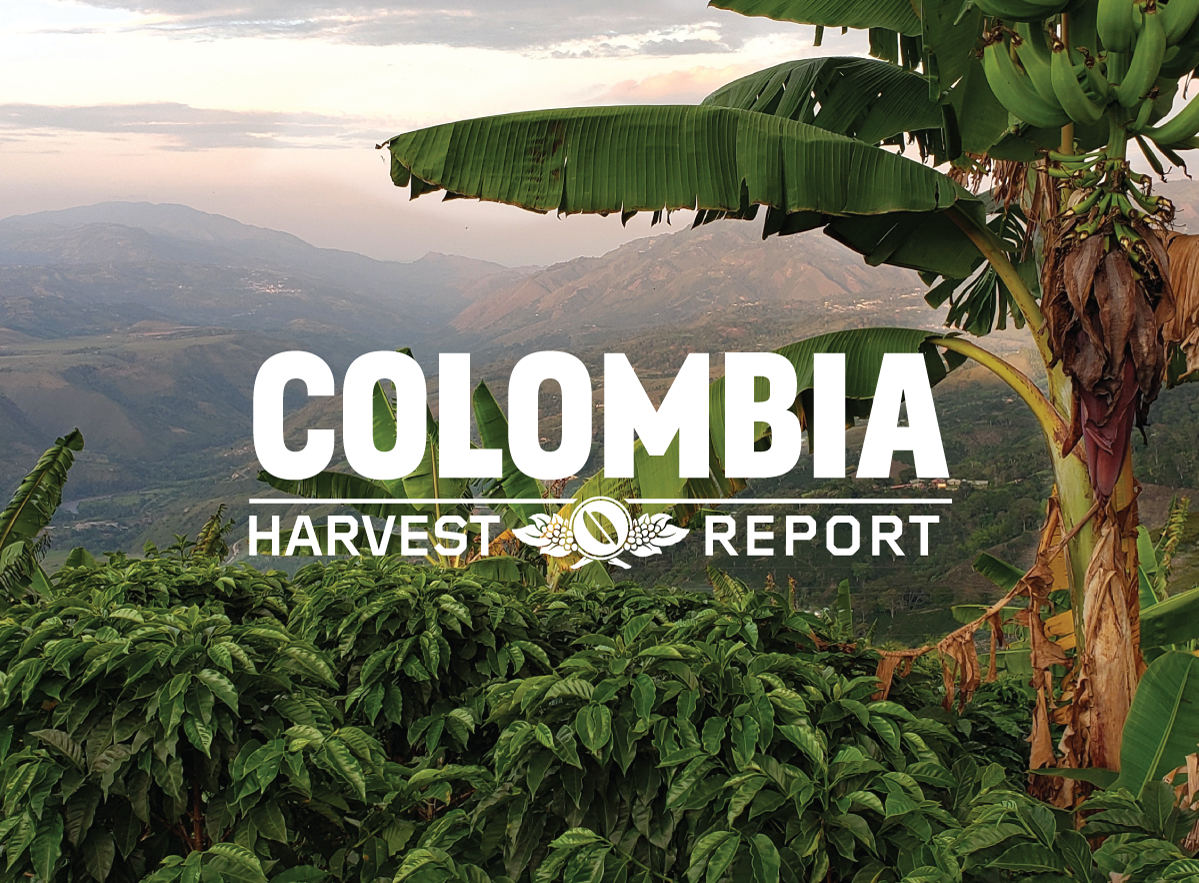
We say it every year, and every year we mean every word: Colombia is our second home, and it’s often an incubator for the ideas that become cornerstones of our business, our buying philosophy, and the scaffolding for our strongest relationships. This connection to the country is made possible through repeated visits—our green-coffee buyers visit more than once a quarter—as well as constant contact via e-mail, Skype, and WhatsApp in between. More often than not, we could give you an up-to-the moment idea of the weather in Bogotá as we could tell you whether the sun’s shining in Minneapolis, Berlin, or Melbourne where our sales offices are.
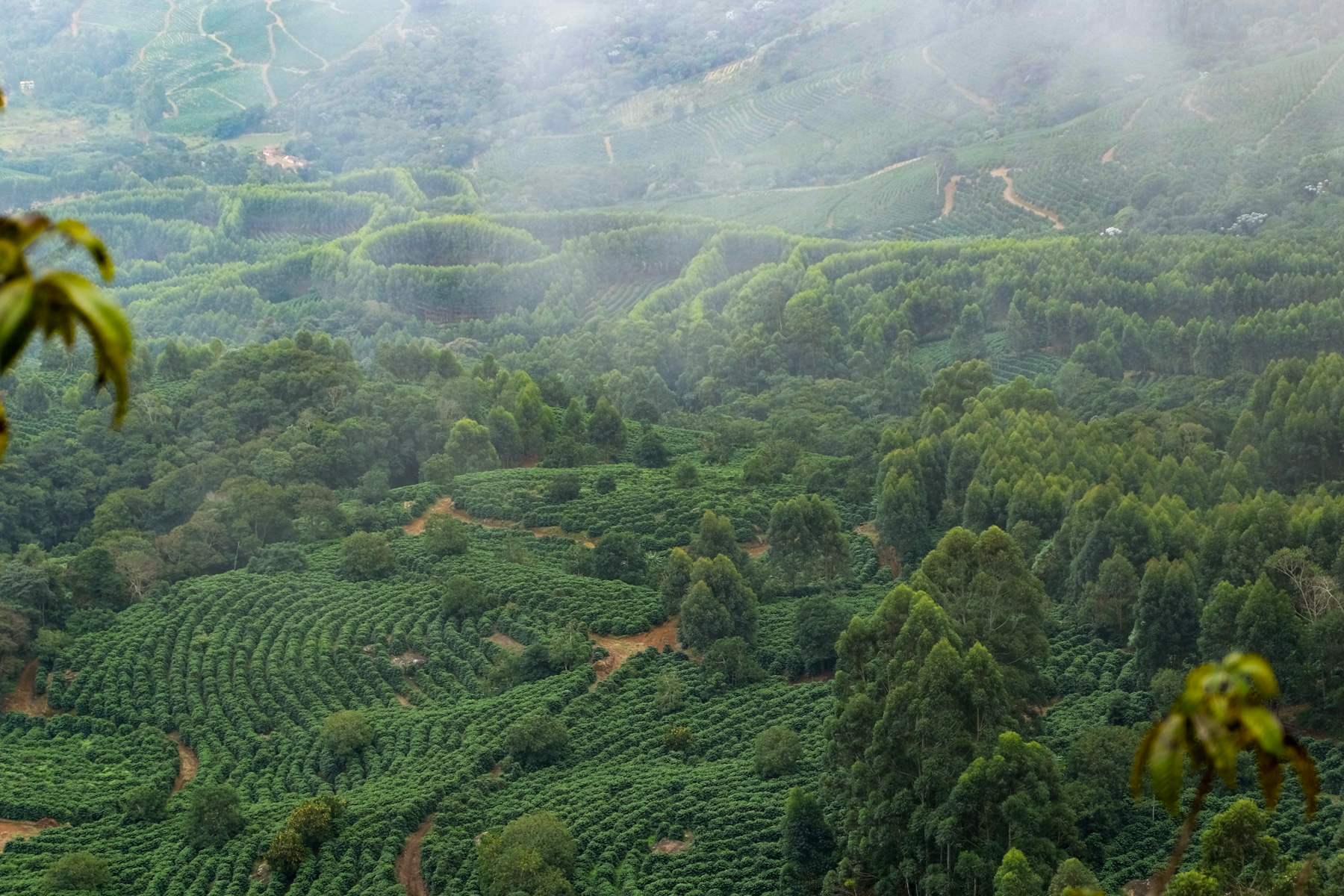
We think of Brazil as a powerhouse of production, not necessarily capable of specialized, artisanal coffee output. These days, however, that impression is changing—and nowhere is that more evident than with the wonderful coffees coming out of Fazenda Dutra in the municipality of São João do Manhuaçu, Minas Gerais.
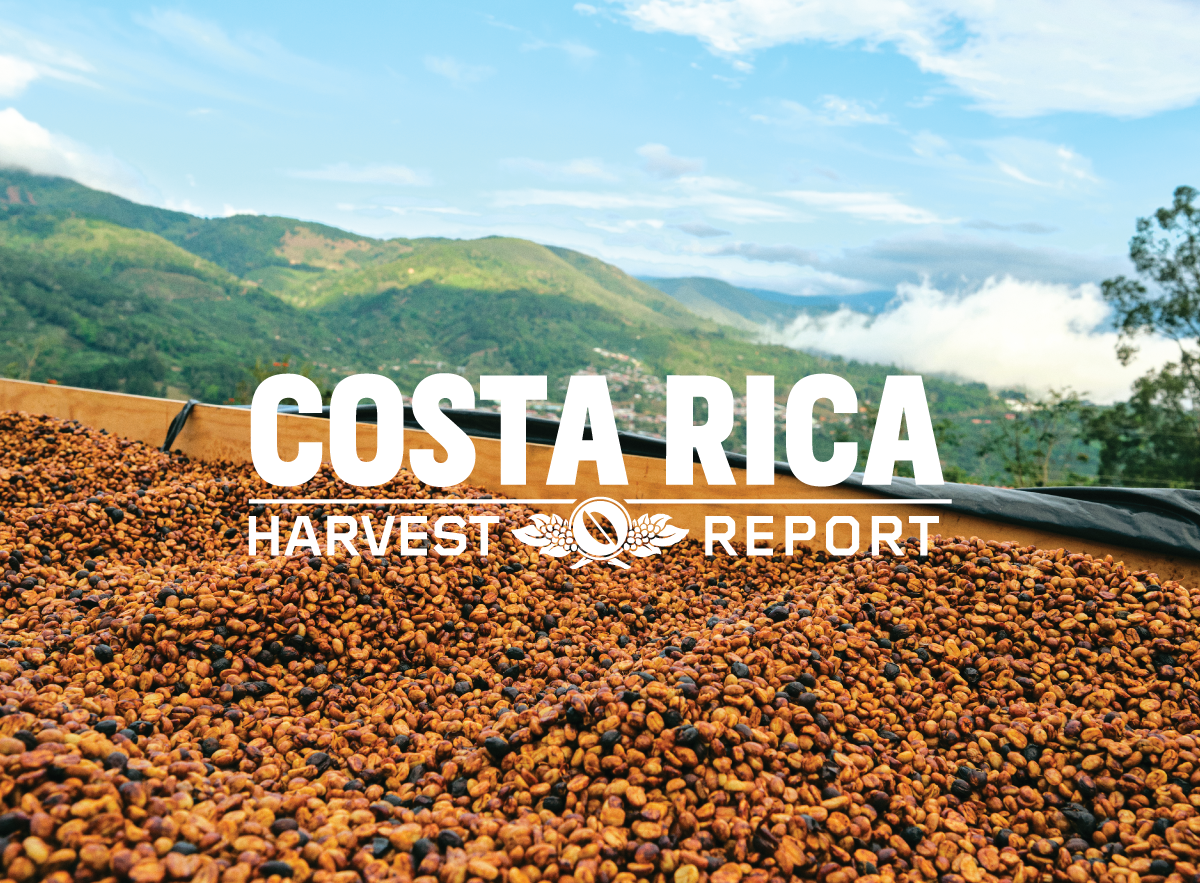
When we look at a beautiful harvest, or when we taste a brilliant cup, we tend to want to romanticize it: We imagine rolling hills and bright blue skies, the smell of fresh coffee blossoms, the sway of the shade trees. What we don’t think of are the countless steps that the producer went through to create that dreamy flavor experience, and the dozens of decisions that have to be made before, during, and at the end of the season in order to sustain or even improve the final product.
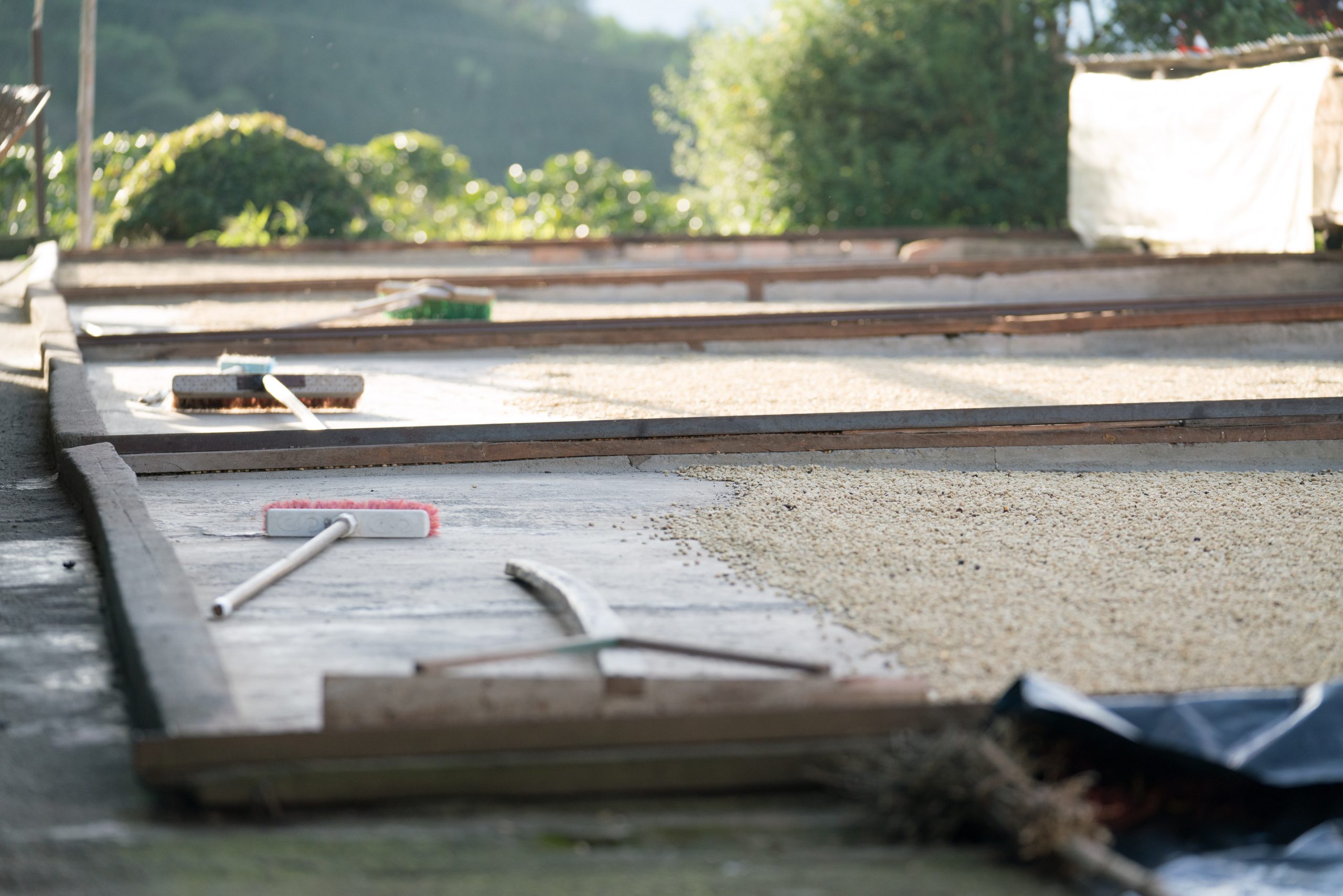
We always say that Arnulfo Leguizamo is the ultimate cafetero role model: He’s not only a producer of some of the finest specialty coffees we’ve tasted from Huila, Colombia, but he’s also a community leader, innovator, and problem-solver, always looking for a way to improve or expand the ways he shares his coffee with others.
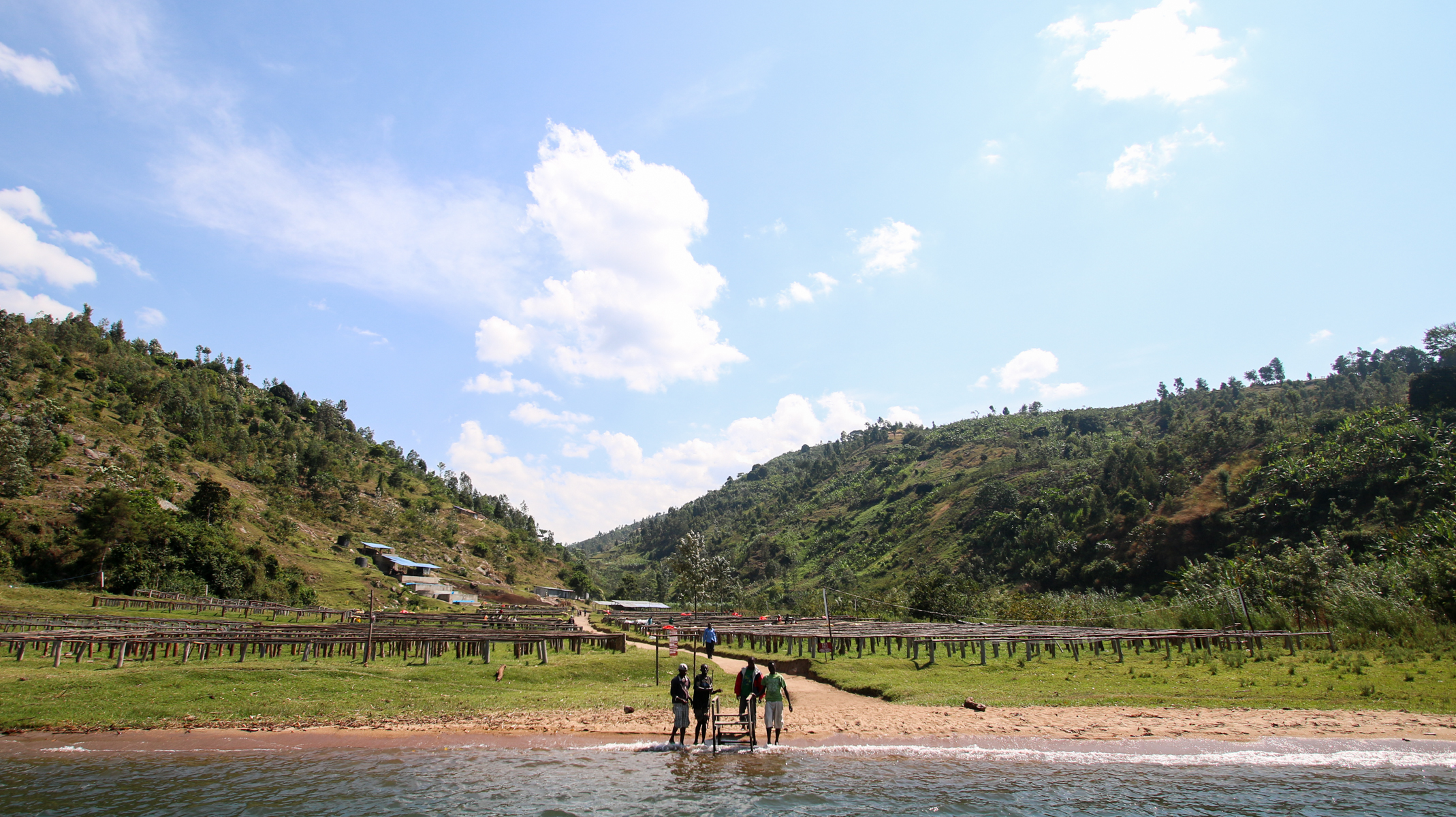
About 700 meters’ boat ride from the shores of Lake Kivu is a small island called Gishamwana, which is easy to mistake as a mirage: Part of the island is covered in vibrant-green coffee trees that are grown under a cover of lush shade like a secluded, caffeinated heaven.
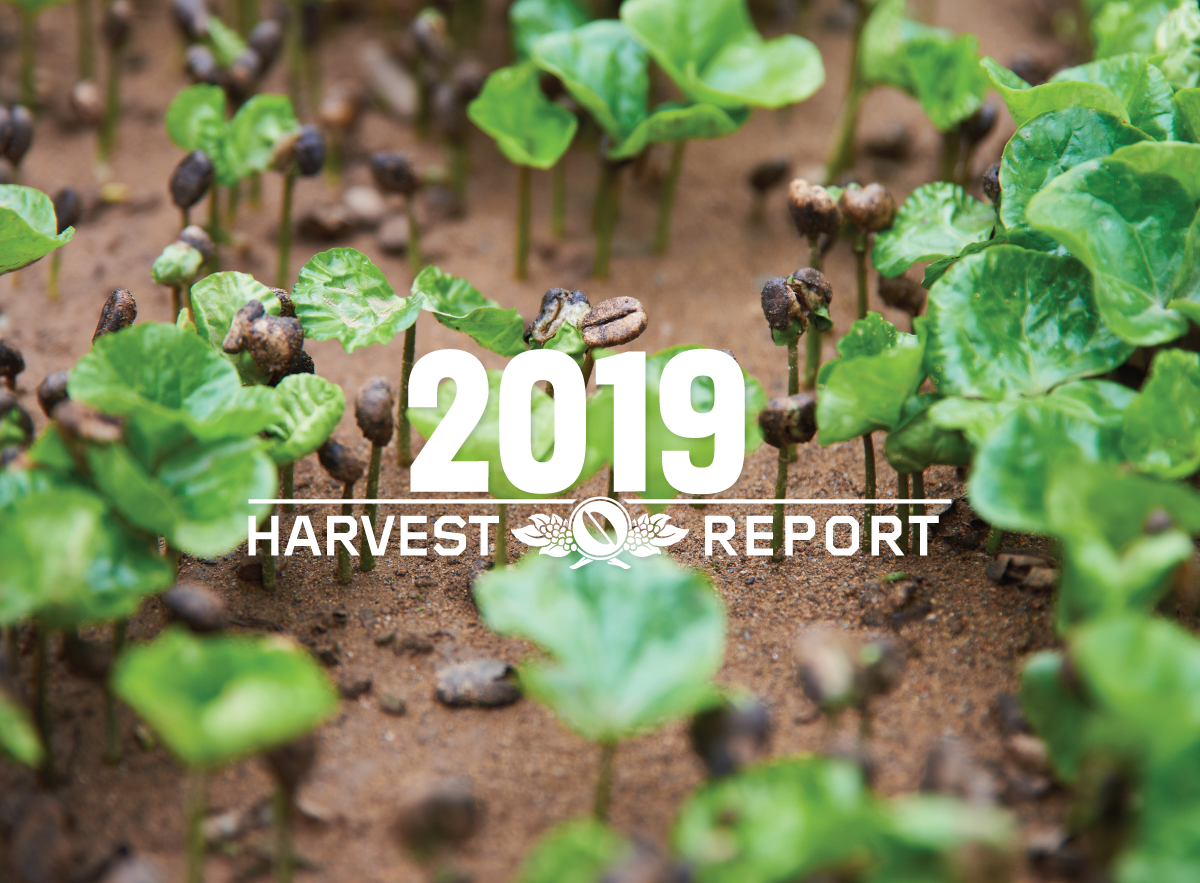
We’re not only coffee nerds, but we’re also a company comprised of passionate world travelers and people who love people: Your friends at Cafe Imports tend to be curious, eager to learn, and dedicated to sharing what we know and what we do with other coffee people around the world—from farmers to roasters to everyday people who just happen to love a great shot of espresso. Our Harvest Reports are one way that we try to give our customers (and your customers) a behind-the-scenes look at the year’s coffee sources, and as this year closes we’d like to reflect on the reports and learn how we can make them better.